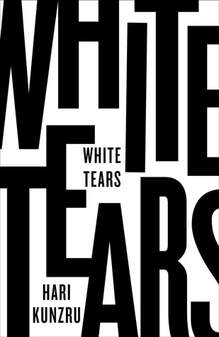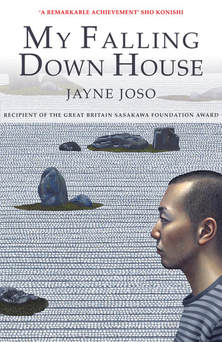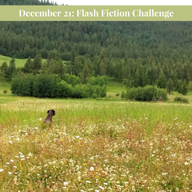White Tears by Hari Kunzru
A mutual interest in music, particularly of the type found on old vinyl records, catapults Seth into the social circle of Carter, younger son of a family who have (as we subsequently discover) made their millions from running penitentiaries. Obsessed with the purity of pre-war blues, Carter attracts the interests of collectors when he passes off an artificially distressed recording as the long lost masterwork by the fictional Charlie Shaw. But when a shadowy figure claims to have met the real Charlie Shaw in the late 1950s, things get scary. Savagely beaten up, Carter lies comatose in hospital, his partnership with Seth diminished by his wealthy family. Seth finds himself not only losing his closest friend, but his home, and his intellectual property locked up in the recording studio the young men set up together with Carter’s money. As he sets out on the trail of Charlie Shaw, involuntary slips back and forth through time show him that his mistreatment by those in power would be significantly worse if his skin tone was the same as the blues singers Carter so admired.
This is less a novel about music than about cultural appropriation, contextualising familiar blues lyrics as chillingly as The Evening Road. I’m sure there was a lot I missed – and not only blues lyrics – but even half understanding it was an engaging and disturbing read. Thanks to Hamish Hamilton for my review copy.
My Falling Down House by Jayne Joso
After losing his job, home, and girlfriend in the financial crisis, Takeo Tanaka becomes a squatter in an abandoned and dilapidated house on the outskirts of Tokyo. Perhaps because it’s a traditional house, constructed of clay and straw and bamboo, or perhaps because of his own disappointment with modernity, Takeo resolves to live simply, and alone. Rarely leaving the house, subsisting on stale rice, keeping quiet to avoid discovery, Takeo takes simplicity to the extreme. His attention turned inward, preoccupied with a construction project using cardboard boxes and sleeping rather a lot, Takeo seems to be hallucinating when subtle changes occur in the house. At starvation point, he regresses to the state of a baby, totally dependent on a mysterious visitor, real or imagined, who gently feeds and washes him (although, disappointingly, there is no mention of pee and poo). Interestingly, his rejection of society does not make him a better person and he assumes that, on recovery, he’ll go back to despising the homeless like everyone else.
While I admired the author’s ability to portray a year in the life of a man so totally cut off from society, I can’t pretend it’s my kind of book. I imagine it would appeal more to readers with a deeper knowledge and appreciation of Japanese culture. Thanks to Seren Books for my review copy. For another novel about Japan, see Yuki Means Happiness. For another novel about a person cutting herself off from all society, see The Anchoress.
| I’ve tried to stay with the theme of Othering for my response to this week’s flash fiction challenge to write a 99-word story about white flowers. Good news from the ranch also that the anthology is now available for preorder (click on the image in the sidebar). |
My role at the museum is to shock the children with tales of our primitive past. Our addiction to tarmac, plastic and the flesh of our fellow mammals. Mostly they want to hear about my tattoo.
“Was that really the only difference between the tribes?”
“And it dictated who would eat and who would starve?”
“But it’s so arbitrary!”
“Didn’t the blacks feel guilty?”
“Why didn’t the whites rebel?”
They pout, complain and stamp their feet, until one of them asks, “Which were you?”
I roll back my sleeve and show them. “A white flower! Yet you survived!”
























 RSS Feed
RSS Feed





















